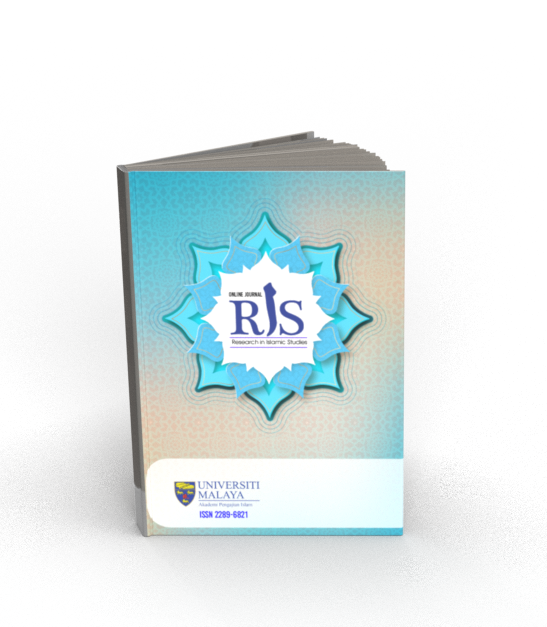Main Article Content
Abstract
This study aims to highlight the efforts of Imam Al-Shirazi in linguistic issues and matters that scholars have discussed in the field of Usul Al-Fiqh (Principles of Jurisprudence) through his commentary on Al-Zamakhshari's interpretation. The personality of Al-Zamakhshari is controversial due to his opinions and interpretations. Scholars and researchers have examined his ideas and heritage through study, research, criticism, and commentary. This turned his book "Umdat Al-Nas fi Abwab Al-Lughah wal-Balaghah" into a subject of debate among them. Many scholars considered him as having a unique approach in addressing linguistic and rhetorical issues. Al-Shirazi is one of the prominent scholars in Usul and Furu' (Branches of Jurisprudence) who took the initiative to enrich this interpretation with a valuable commentary, especially in the linguistic aspect. This study concluded the extent of Al-Shirazi's interest in foundational linguistic discussions through both theoretical exposition and commentary, where his choices in these discussions were in line with the well-known opinions of scholars.
Keywords
Article Details
Copyright (c) 2024 Online Journal of Research in Islamic Studies

This work is licensed under a Creative Commons Attribution-NonCommercial 4.0 International License.
Copyright Notice
By submitting manuscripts to the Online Journal of Research in Islamic Studies (RIS), authors agree to transfer copyright to the journal. However, authors may republish their work or grant others permission to republish it; in which case it should be accompanied by a proper acknowledgment that the work was originally published in the Online Journal of Research in Islamic Studies (RIS). The journal adopt CC-BY-NC licence which authors may also share and distribute their article anywhere of non-commercial website, social media and repositories immediately on publication.
Authors may also reuse the Abstract and Citation information (e.g. Title, Author name, Publication dates) of their article anywhere at any time including social media such as Facebook, blogs and Twitter, providing that where possible a link is included back to the article on the journal site.
